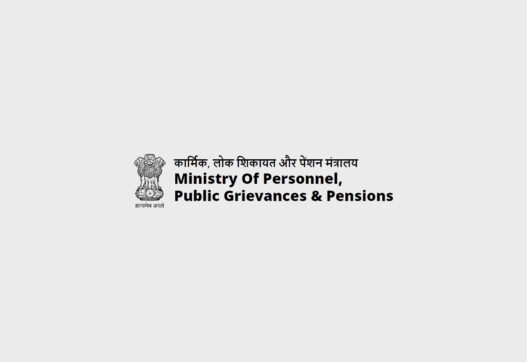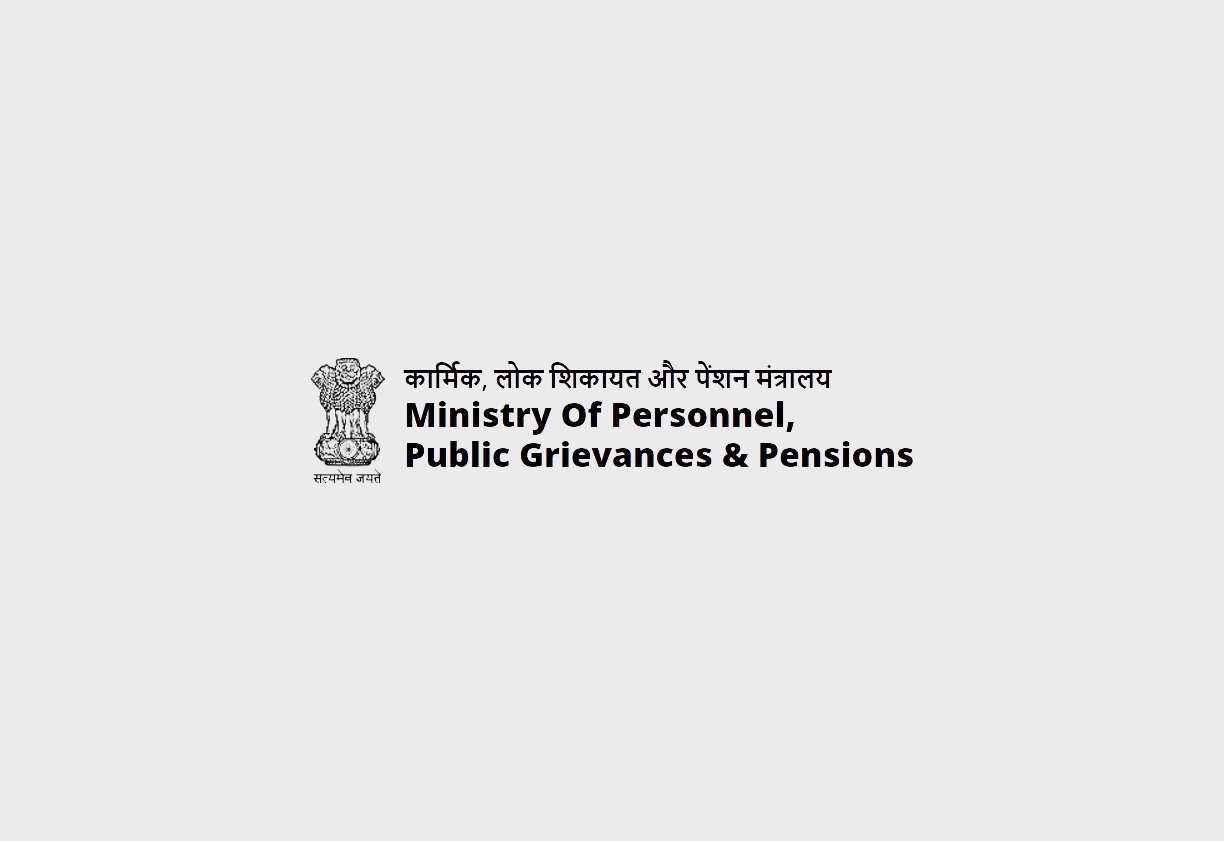Ministry of Personnel, Public Grievances and Pensions
The Right to Information Act, 2005, was enacted to provide a practical regime for citizens to secure access to information under the control of public authorities. This act aims to promote transparency and accountability in the working of every public authority. The Act does not specify a particular ministry; however, it generally falls under the purview of the Ministry of Personnel, Public Grievances and Pensions in India.
Enactment Date, Number of Chapters, Number of Sections:
The Right to Information Act, 2005, was enacted on June 15, 2005. The Act is structured into 6 chapters and 31 sections, along with two schedules. These sections cover various aspects of the right to information, including definitions, obligations of public authorities, constitution of information commissions, powers and functions, appeals, penalties, and miscellaneous provisions.
Act Governed By:
The Act is primarily governed by the provisions outlined within its sections. It establishes the framework for accessing information from public authorities, the obligations of public authorities to disclose information, the constitution of Information Commissions, and the procedures for appeals and penalties. The Act is also supplemented by rules framed by the appropriate government and competent authority.
On Whom It Is Applicable:
The Right to Information Act, 2005, is applicable to all citizens of India. It applies to all public authorities, which include any authority or body established by or under the Constitution, by any law made by Parliament or State Legislature, or by notification issued by the appropriate government. This includes bodies owned, controlled, or substantially financed by the government.
Penalties/Punishments:
The Act specifies penalties for non-compliance. Specifically, if a Public Information Officer fails to provide information within the stipulated time or refuses to accept an application, or knowingly provides incorrect or misleading information, they can be penalized with a fine of ₹250 per day, up to a maximum of ₹25,000. The Act also allows for disciplinary action against the Public Information Officer for such violations.
Important Pointers:
-
The Act grants all citizens the right to access information held by public authorities.
-
Public authorities are obligated to maintain records, proactively disclose information, and designate Public Information Officers.
-
The Act provides for the constitution of a Central Information Commission and State Information Commissions to oversee the implementation of the Act.
-
It outlines the procedures for requesting information, including the process for filing applications and appeals.
-
The Act specifies exemptions from disclosure of information in certain cases, such as those affecting national security or privacy.
-
It mandates that information should be provided in the form requested, unless it is not feasible.
-
The Act emphasizes the importance of transparency and accountability in public administration.
-
It provides for penalties for non-compliance by Public Information Officers.
-
The Act allows for the redressal of grievances through appeals to senior officers and the Information Commissions.
-
The Act has been amended over time to adapt to changing needs and circumstances.
Act Copy:




